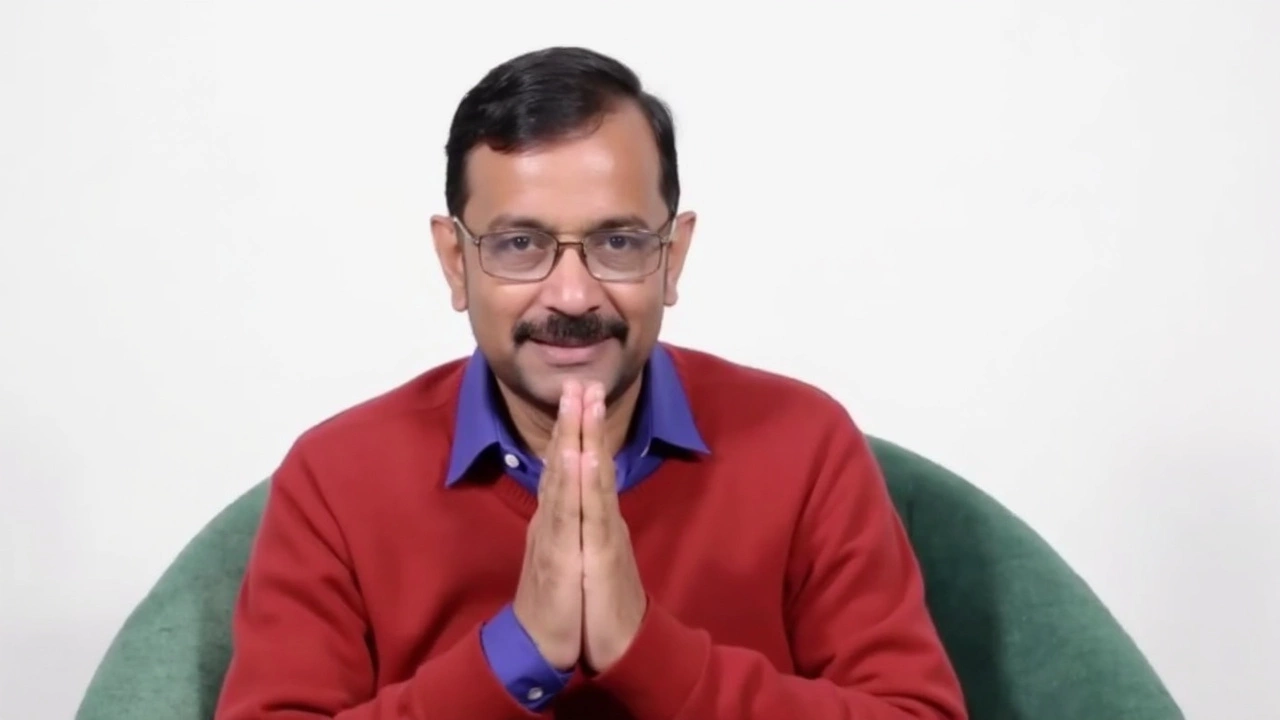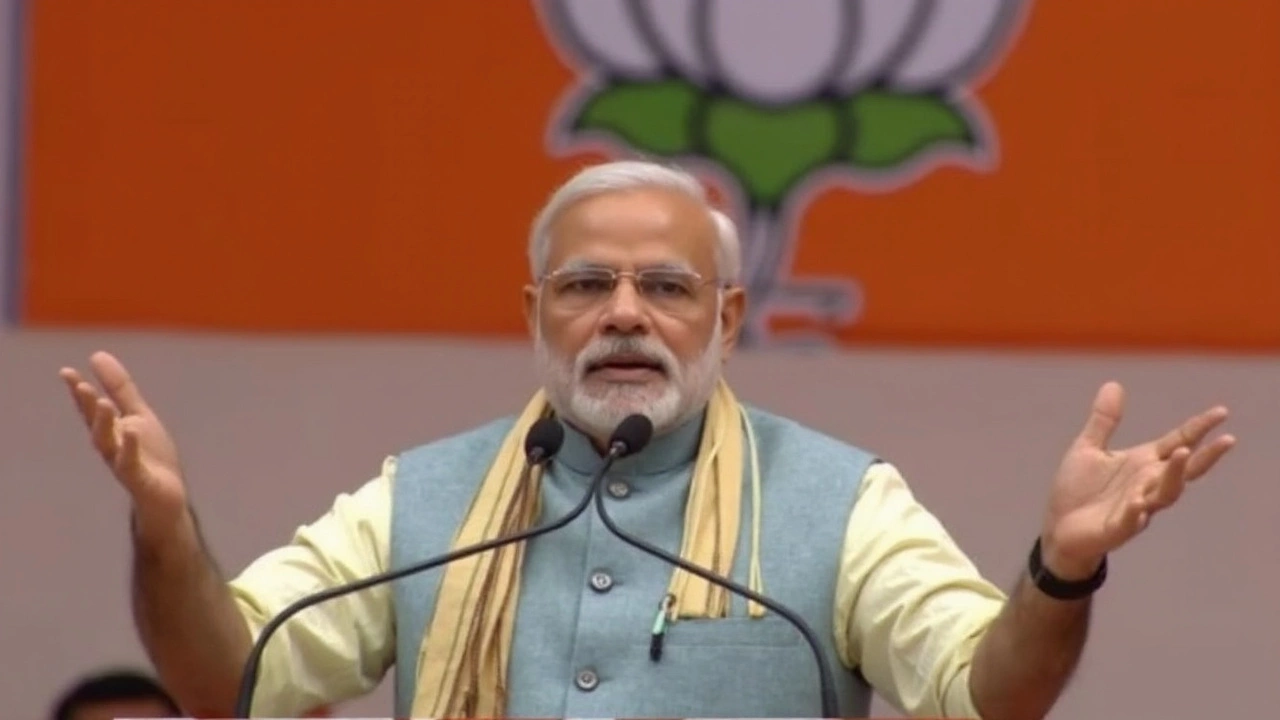Delhi Elections 2025: BJP Triumphs Over AAP as Kejriwal Concedes Defeat

Delhi's Political Landscape Transformed
The 2025 Delhi Assembly elections have witnessed a dramatic shift as the Bharatiya Janata Party (BJP) emerged victorious, securing a robust hold on the city-state's political arena. The elections saw the BJP winning a majority with 38 out of 70 seats, signaling a return to power after more than twenty years. A key figure in the elections, Aam Aadmi Party (AAP) leader Arvind Kejriwal, conceded defeat to BJP’s Parvesh Verma in the high-stakes New Delhi constituency.
This defeat marks a significant change in Delhi’s political makeup, unseating the AAP's lengthy rule. Kejriwal, while gracefully acknowledging the result, extended his congratulations to the BJP, exemplifying political humility and sportsmanship. AAP has pledged to operate as a constructive opposition. Despite the loss, Kejriwal emphasized AAP’s unwavering commitment to improving public service sectors such as healthcare, education, and infrastructure development in Delhi.

Challenges and Opportunities Ahead
The election results highlight a noteworthy shift in voter sentiment, bringing challenges for AAP while opening a door for the BJP to enact its political agenda. Other prominent AAP members, including Manish Sisodia, faced a similar fate in their respective constituencies, underscoring the extensive nature of the political shift. The BJP's return to power is more than just a numerical victory; it marks a new and dynamic chapter for Delhi's governance.
The voter turnout was relatively healthy at 60.42%, showcasing active public participation in shaping the capital's future. Exit polls had already signaled a BJP majority, and as the final counts were confirmed, these predictions proved accurate. The capital's political dynamics experienced a palpable change, reflecting the ongoing evolution of strategies and priorities.
This election not only marks a triumphant return for the BJP but also sets the stage for how both the ruling party and the opposition will adapt and respond to the challenges of serving a dynamic and diverse populace. The shift in power underscores the significance of evolving political strategies and the critical role of addressing the electorate’s immediate needs and aspirations.